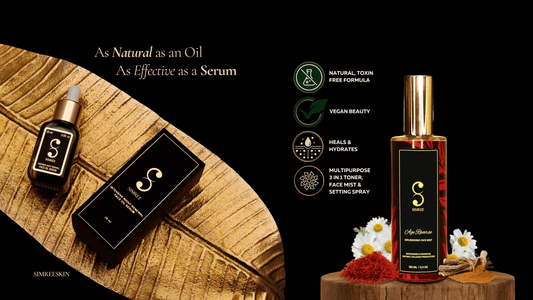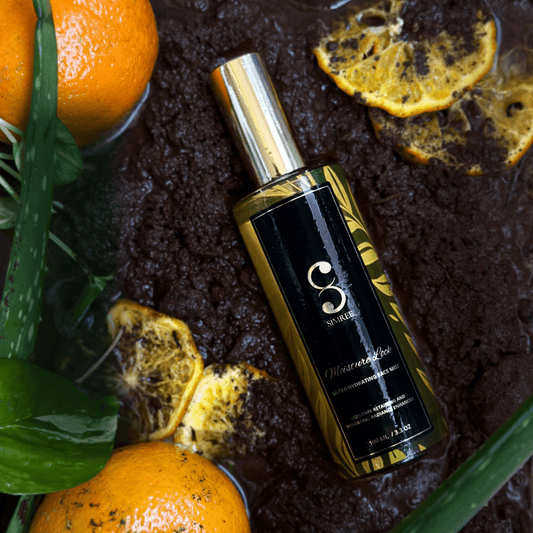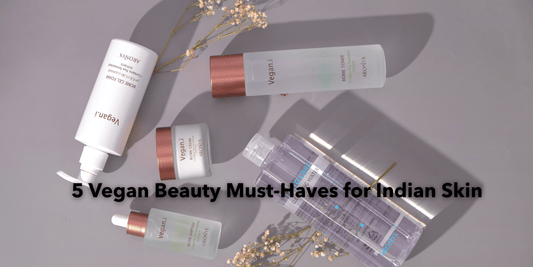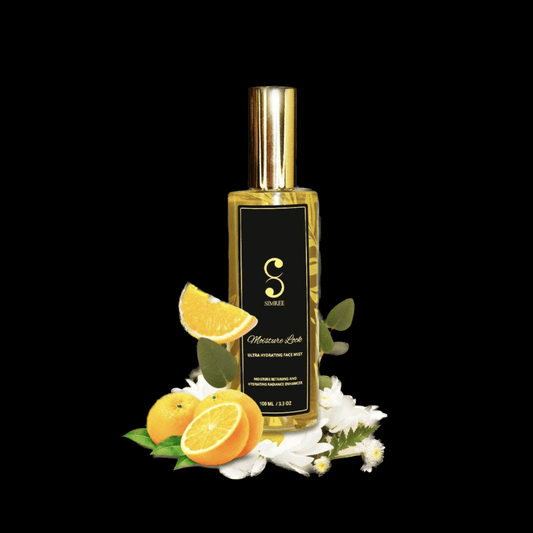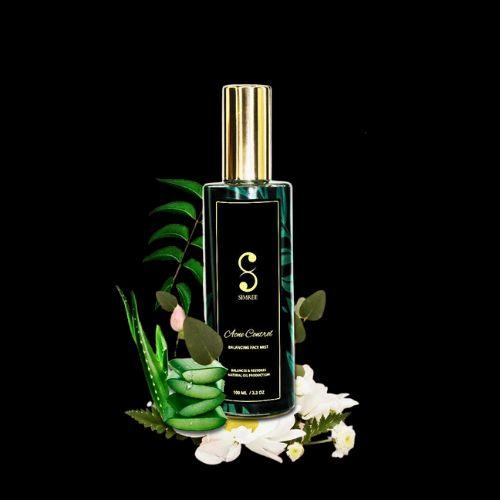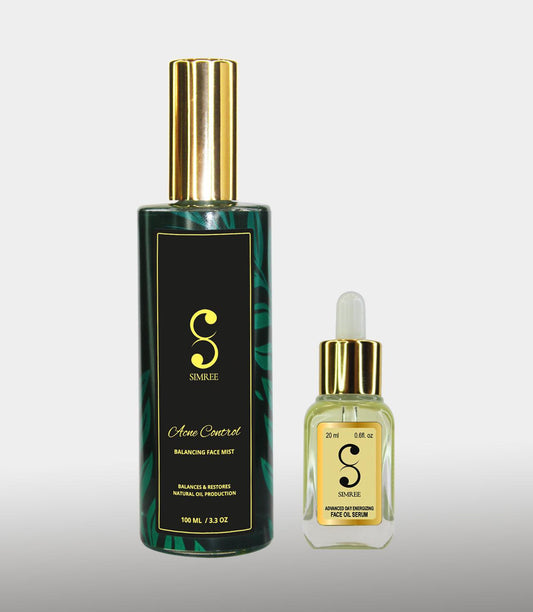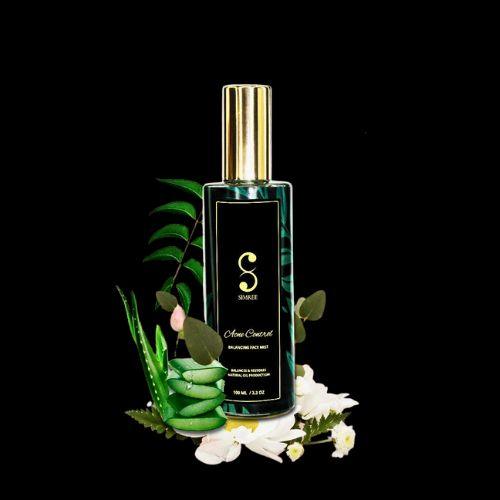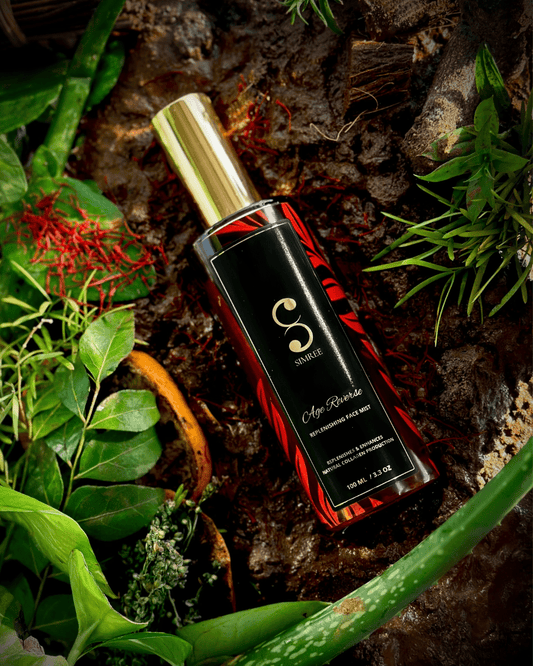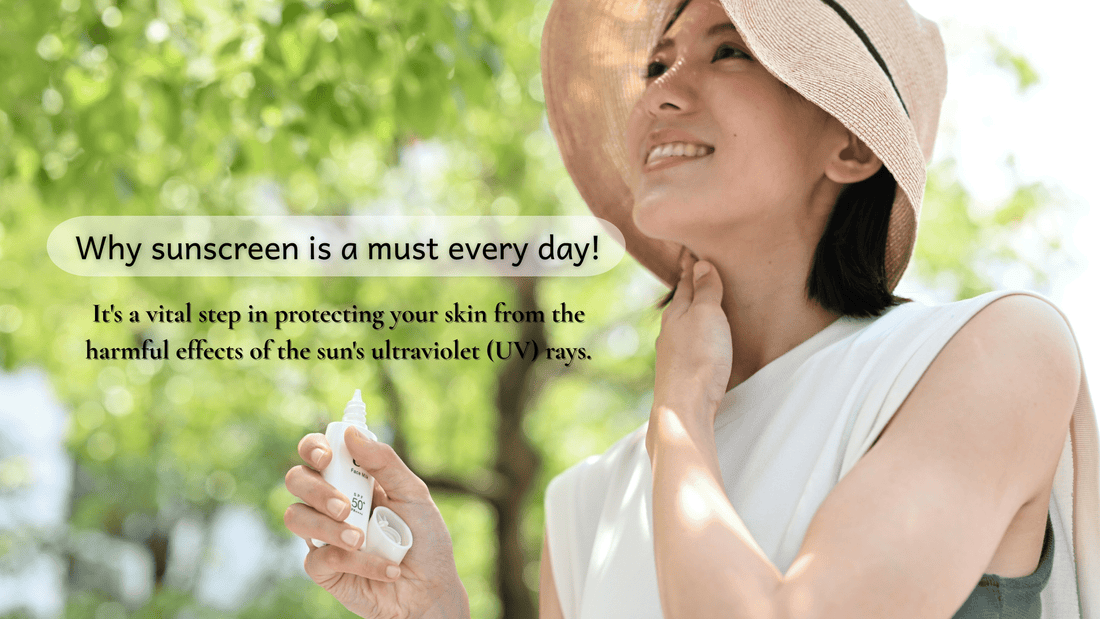
How Does Sunscreens Work?
Share
Sunscreen protects your skin from the sun’s harmful ultraviolet (UV) rays, preventing sunburn, premature aging, and reducing the risk of skin cancer. Its easy to use.
Benefits of Wearing Sunscreen on Your Face Every Day :
- Protection from ultraviolet Rays
- Prevents Sunburns
- Reduces Skin Cancer Risk
- Improves Skin texture
- Reduces Hyperpigmentation
- Prevents Sunspots
- Provide Moisture
- Easy to use
- Prevents Melasma
Why the Controversy?
Several concerns have emerged around the chemicals in chemical sunscreens:
Health Risks: Hormonal Disruption: its also creates the health issues. This is a particular concern for children, pregnant women, and those with hormone-sensitive conditions.
Skin Irritation: Certain chemical sunscreen may cause allergy or skin irritation, especially for sensitive skins.
Absorption into the Body: Studies have shown that some chemical sunscreen ingredients, such as oxybenzone, can be absorbed into the bloodstream. This raised concerns about potential long-term health effects, although more research is needed.
Environmental Concerns: Coral Reef Damage: Some chemical sunscreens, particularly oxybenzone and octinoxate, have been linked to coral reef bleaching.
Pollution: The accumulation of sunscreen chemicals in waterways may harm aquatic life.
Best Natural Sunscreen Alternatives
Many people seek out natural alternatives to traditional sunscreens. These tend to use mineral-based ingredients that reflect UV rays rather than absorbing them. Lightweight and long-sleeved shirts and pants. It's important to cover up as much of your skin as possible when spending time outdoors. Here are some popular natural ingredients:
Mineral based sunscreens are the safest natural alternative for effective UV protection. environment.
Coconut Oil: Coconut oil is one of the better-known natural alternatives to sunscreen.
- Raspbeery Seed Oil
- Aloe Vera
- Shea Butter
- Zinc Oxide
- Olive Oil
- Carrot Seed Oil
- Sun-protective (UPF) Clothing
- Wheat Germ Oil
- A Good Diet
Final Thoughts
Sunscreens are important for skin protection, but it’s essential to make informed choices. When possible, choose mineral-based sunscreens, as they generally pose less risk to health and the environment. If you have sensitive skin or are concerned about the potential risks of chemical sunscreens, it’s always best to consult with a dermatologist to find the most suitable sunscreen for you.

